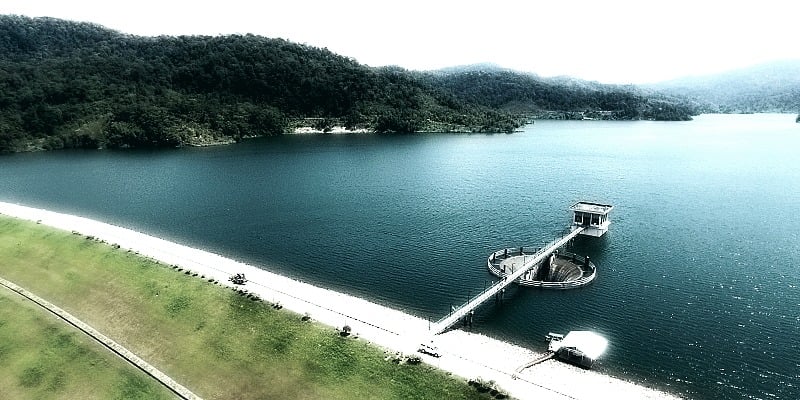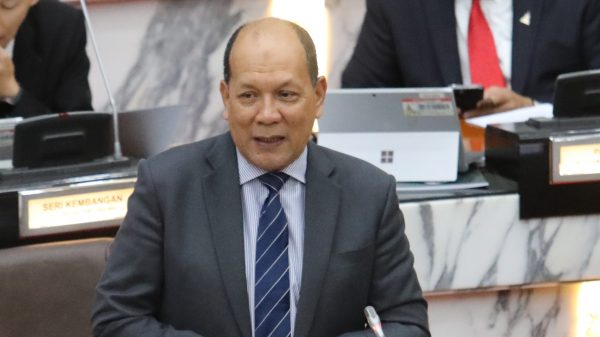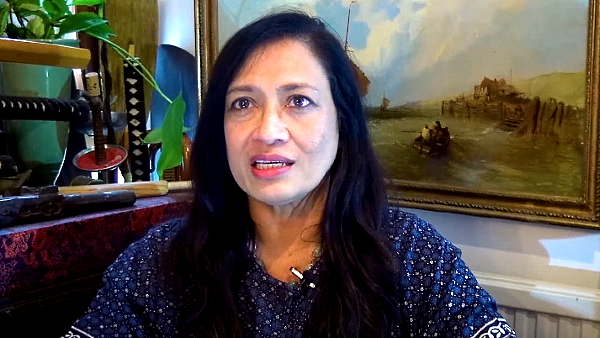Raising water tariffs at a time goods prices are fast rising is simply untimely.
The environment and water ministry pointed out recently that water tariffs for domestic users in Peninsular Malaysia and Labuan will remain unchanged while non-domestic and special category users will have to pay 25 sen more per cubic metre beginning 1 August.
In the meantime, Air Selangor also announced that non-domestic and special category users in Selangor, Kuala Lumpur and Putrajaya will pay 20 sen/cm3 more from 1 August.
The latest tariff increase does not involve domestic users and it looks like it is not going to add to the already heavy burden of ordinary Malaysians. But, is it really so?
Higher water tariff means the cost of doing business will increase accordingly. Businesses whose water bills make up only a tiny portion of their total cost may just choose to absorb the cost increase in order not to affect their existing business or customers.
However, businesses that consume large amounts of water may have to transfer the rising cost to the consumers, thus aggravating the existing inflationary pressure.
For one, laundry service charges are expected to rise. From what we understand, some F&B operators are of the view that they should not hike their selling prices any more as this practice is bound to send their customers away. We have no idea exactly how many local businesses are willing to bear the additional utility cost.
What we can’t really understand is why the authorities have opted to hike the water tariffs at such a bad timing.

Although many countries have lifted their lockdown restrictions and all economic sectors are beginning to resume their operations, the reality is that the pandemic has not left us yet, and anti-virus measures still in force are expected to bog down the pace of our economic recovery.
Is raising water tariffs at this juncture appropriate at all?
The war between Russia and Ukraine is still on-going with no sign of peace anytime soon, severely impacting global food and fuel prices.
Owing to a host of domestic and external factors, Malaysia’s journey towards a full recovery is anything but smooth, and raising water tariffs now will only exacerbate the financial burden of local businesses.
Higher water tariff is most definitely not a boon to the rakyat. As mentioned earlier, even though the hike will not entail domestic users, it is highly likely that affected businesses will transfer the cost to the consumers, making life even more unbearable for those in the low-income bracket.
Sure enough the authorities have good reasons to hike the water tariffs. Many states in the country have not increased their water tariffs for a long time. For instance, Pahang and Perlis have not raised their water tariffs for 39 and 26 years respectively.
Moreover, water supply companies do need reasonable revenue in order to provide quality service to their customers. As Air Selangor has said on its website, it is necessary to adjust the tariff rates to meet the prevailing economic needs to ensure continued provision of quality service to the customers.
Rightly so, but the question now is whether the timing is right.
Additionally, have the water supply companies provided reasonably good service to their customers? If they haven’t, is the rate hike justifiable?
Water cuts have become a very common phenomenon in Klang Valley nowadays, much to the frustration of the residents.
Frequent water cuts have not only inconvenienced the people, but have also impacted the operational efficiency of local companies.
It remains to be seen whether they will improve on their service quality while charging higher rates.
In short, raising water tariffs at a time goods prices are fast rising is simply very untimely.
All we can do is hope that the increased utility cost will not eventually be transferred to the consumers.
ADVERTISEMENT
ADVERTISEMENT








































